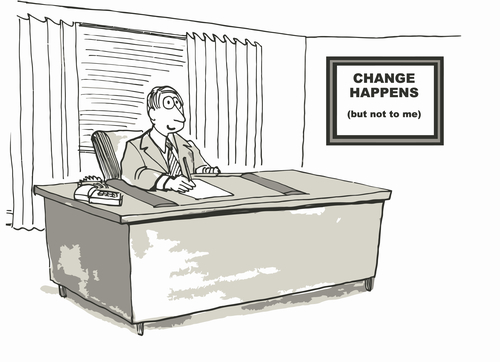
Troubled Relationship – Fearful Avoidant Attachment
Previous readers of Anxiety of Troubled Relationships: 4 styles of relationships, 5 Ways to overcome a troubled relationship, will remember it all begins in our infancy and ultimately manifests itself in adulthood- especially in our intimate relationships.
Here we detail Fearful Avoidant Attachment.
Bowlby and Ainsworth independently found that the nature in which infants get their needs met by their parents will determine their “attachment strategy” throughout their lives. This probably explains a great deal of why your relationships have succeeded/failed in the manner they did, why you’re attracted to the people you are attracted to, and the nature of the relationship problems that come up again and again for you. (Ainsworth, M. S., & Bowlby, J. (1991). An ethological approach to personality development. American Psychologist, 46(4), 333. Cited by Mark Manson.net)
In the Beginning; Fearful Avoidant Attachment
When parents are largely mis-attuned, distant, or intrusive, they cause their children considerable distress. Children adapt to this rejecting environment by building defensive attachment strategies in an attempt to feel safe, to modulate or tone down intense emotional states, and to relieve frustration and pain. They represent approximately 30% of the general population. (Psychalive.org/anxious-avoidant-attachment)
In Adulthood;
A person with a fearful avoidant attachment lives in an ambivalent state, in which they are afraid of being both too close to or too distant from others. They attempt to keep their feelings at bay but are unable to. They can’t just avoid their anxiety or run away from their feelings. Instead, they are overwhelmed by their reactions and often experience emotional storms. They tend to be mixed up or unpredictable in their moods. They see their relationships from the working model that you need to go toward others to get your needs met, but if you get close to others, they will hurt you.
In other words, the person they want to go to for safety is the same person they are frightened to be close to. As a result, they have no organized strategy for getting their needs met by others.
As adults, these individuals tend to find themselves in rocky or dramatic relationships, with many highs and lows. They often have fears of being abandoned but also struggle with being intimate. They may cling to their partner when they feel rejected, then feel trapped when they are close. Oftentimes, the timing seems to be off between them and their partner. A person with fearful avoidant attachment may even wind up in an abusive relationship.
(Lisa Firestone Ph.D.Compassion Matters)
The good news is that, failing to find a supportive partner, and not being one yourself, your relationship can improve toward a highly satisfying one… with a bit of effort and tenacity.
This is where CounselingonDemand.com comes in. Our counselors understand that marriage is a relationship that requires effort and we know how to help those with (or are currently in love with) a Fearful Avoidant Attachment style to repair and/or enhance your relationship.
We are just a click away.